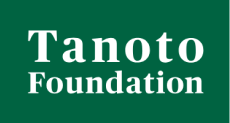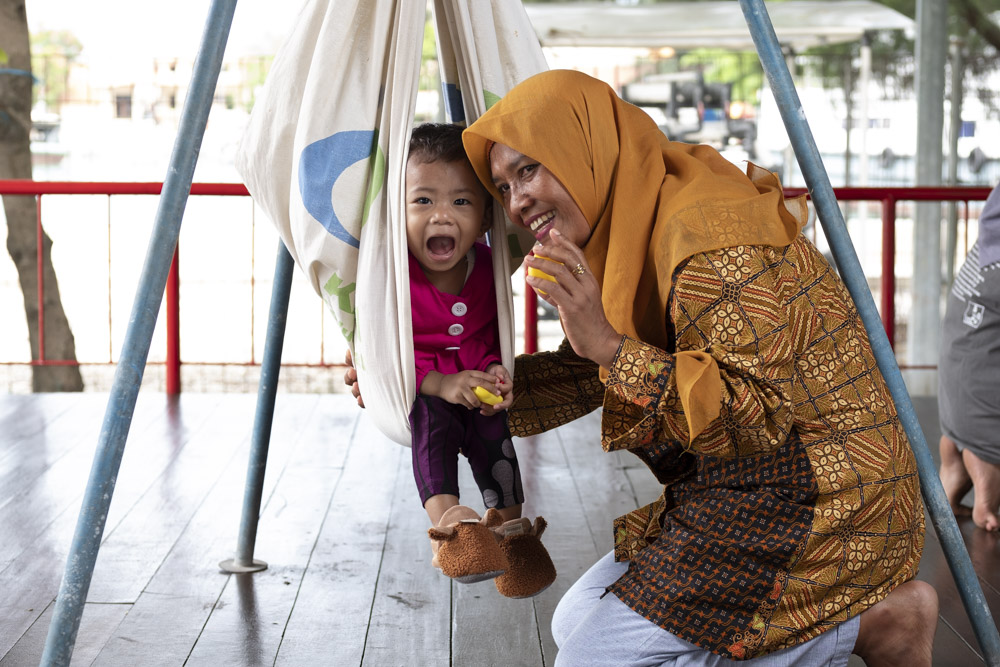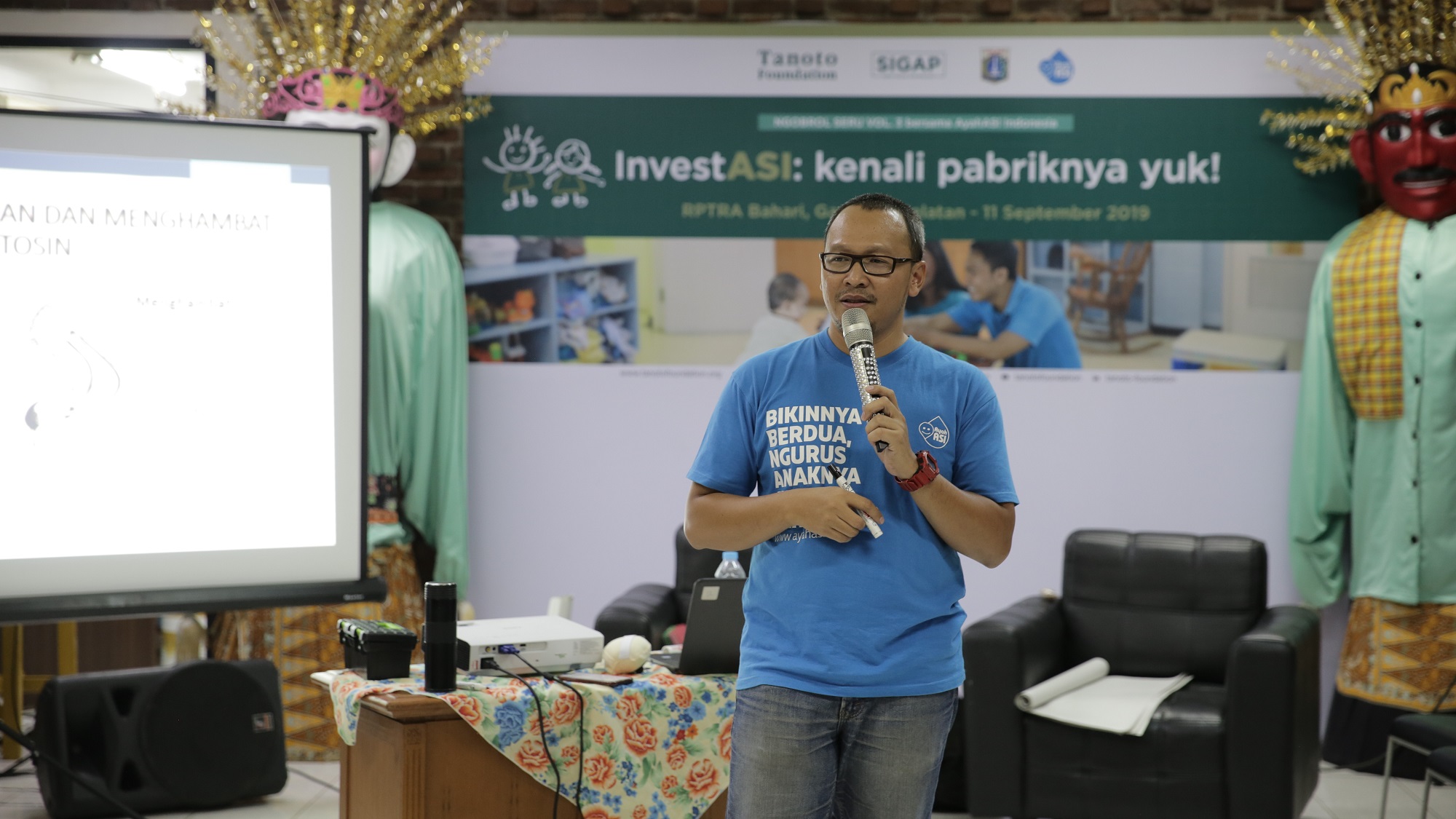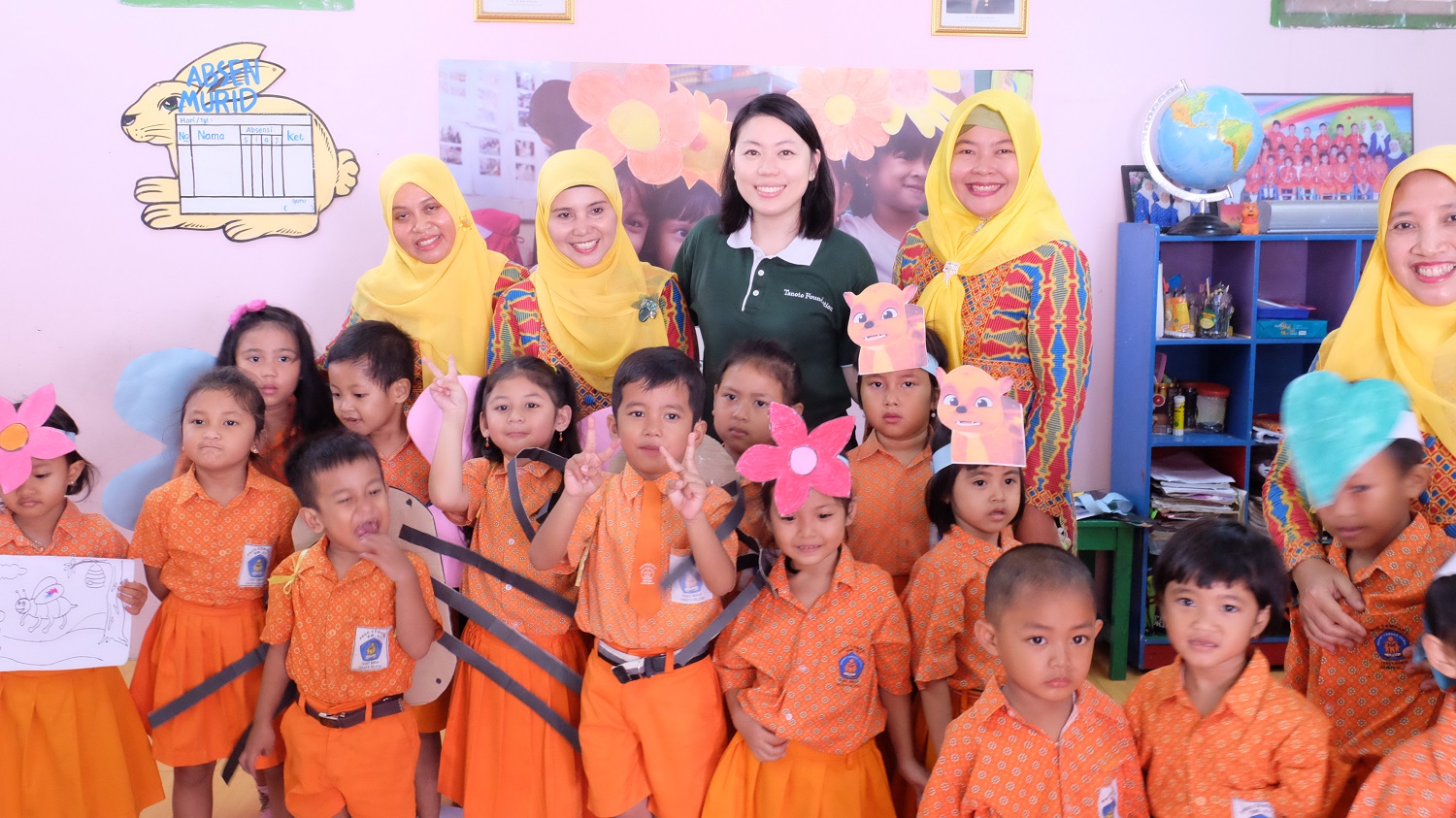The conversation on early childhood education and development (ECED) has been gaining momentum, helped by our increasingly informed and coordinated approaches to champion human capital development and address stunting.
The Indonesian government has led the way with launching of the “first 1,000 days” movement in 2013 and the recent emphasis on the one-year preschool education as the minimum standard for regional governments. The government also launched a National Strategy to Accelerate Stunting Prevention in 2017, committing an estimated $14.6 billion to converge nutrition interventions across 514 districts and 98 cities. This created many opportunities for diverse stakeholders to contribute to and complement ECED efforts.
According to the Ministry of Health, approximately 30.8 per cent of Indonesia’s children under five suffer from stunted development, an improvement from 37.2 per cent in 2013. This figure, however, still reflects the persistently high prevalence of stunting – a pertinent issue in the nation’s journey in human capital development.
Access to and quality of early childhood services also vary significantly between geographies and social strata. A child born into a family from the richest quintile is 1.5x more likely to be enrolled in an early childhood center than a child from a family in the poorest quintile.
Uneven development across emerging economies has led to inequalities that exacerbate the impediments to developing good ECED programs. Indonesia is no exception. On the one hand, we can build the good momentum created by country’s sustained investment in human capital and the maximized development opportunities brought about by the demographic dividend in the next decade; on the other, we continue to observe Indonesia’s stubborn Gini coefficient (around 0.4) and relatively high figures in developmental delays, further worsened by the triple malnutrition burden.
We are all key stakeholders in human capital development. We should find ways in our different capacities to either support or participate in this endeavor.
The United Nations International Children’s Emergency Fund (UNICEF) shared that ECED is one of the most cost-efficient investments in human capital, playing an important role in a country’s sustainable development.
Studies in the United States estimate benefits of $7 to 16 for every dollar invested. Nobel Prize winning economist James Heckman said every dollar invested in zero-to-five early childhood education for disadvantage children carries a 13 percent annual return on investment. Conversely, if we give poor attention to ECED, society will have to bear the overheads of poor health, poor education and economic dependency, among others.
ECED is an inter-disciplinary and multisectoral intervention that foregrounds the early nurturing and development of our next generation. It intersects many targets articulated in the United Nations Sustainable Development Goals (SDGs). The SDGs address poverty, hunger, health, education, sanitation, inequality and strengthening institutions, to name a view. Each goal is specific to a country’s needs, and the SDGs are also very notable considerations in the battle against stunting.
A wealth of ECED research and solutions already exist from economists, nutritionists, healthcare professionals, educators, and policy-makers. The establishment of parenting centres, capacity building across early childhood educators and increased research funding are just some examples of this progress. Most pertinently, these represent a growing consensus among the experts that mitigating developmental delays deserves greater awareness and simultaneous support from families, communities and institutions.
Development delays, according to Stanford University’s Rural Education Action Program (REAP) co-director and development economist Professor Scott Rozelle, encompasses cognitive delays, language delays, socio-emotional delays and motor delays. His research of more than 3,300 infants and toddlers in rural China sub-populations have revealed – startlingly – that 85 percent suffer at least from one of these development delays., primary due to lack of nutrition and engaged parenting and caregiving.
With active and systematic application of solutions in nutrition and stimulation, we can make the strides we need in fighting stunting, and bring about desired human capital outcomes in 2030.
In Indonesia, government spending alone – 20 per cent of the state budget is spent on education – may not bring about the desired lasting impact. The involvement of many stakeholders will help build momentum towards attaining better ECED outcomes. This marks a catalytic shift from “government” to “governance” in human capital development.
Tanoto Foundation has supported the renovations and building of many community-based ECED centers (PAUD) in Java and Sumatra. Capitalizing on our on-the-ground experience, we have been hosting forums and spearheading research in the field. In 2018, together with the National Poverty Eradication Acceleration Team (TNP2K) and the Presidential Office Staff (KSP), we conducted training for stunting prevention for nearly 500 community health workers. We also provided a research grant to identify the barriers that prevent good maternal, infant, and young child feeding practices in Indonesia.
Our most recent event, held concurrently in Jakarta and Singapore, comprised of ECED professionals, researchers, healthcare experts, as well as representatives from government, non-government and charitable organizations. The participants included the professor Rozelle, who spent decades studying education, agriculture and economics in China; Professor Netty Herawati, the chair of HIMPAUDI, the Association of Indonesian ECED Teachers, which champions professional development and excellence in the sector; Professor Fasli Jalal, Tanoto Foundation’s Adviser and a key influencer on national education, family welfare, and nutrition; and Dr Gutama, a long-time early childhood development champion who currently serves in the National Early Childhood Education Accreditation Body.
The discussion was a diverse yet inspiring exchange of transnational perspectives on ECED, stunting and human capital investment, at varying levels of urgency and emphasis.
We did, however, share a common sentiment and purpose in early interventions in ECED, a holistic endeavor that covers education, caregiving, nutrition, healthcare, familial engagement, community awareness and inter-institutional support. At the same time, there were also made to broaden ECED’s scope to include antenatal nutrition and care, vis-à-vis prevailing discourses on “zero-to-three” and “the first 1,000 days”.
We gladly welcome more parties of diverse capabilities to develop meaningful ideas and solutions for accelerating our human capital development. It is a long road of awareness-building, learning, collaboration and mobilizing resources and expertise to address tough issues such as stunting.
Nevertheless, we need to continue our committed pursuit of positive developmental outcomes that are not only measured in economic terms, but also expressed in the form of communities and individuals that are able to realize their potential and live valued, dignified lives.
***
This article was copied from Jakarta Post, May 10 2019, “Early start to human capital development”, written by Belinda Tanoto, member of the Board of Trustees at Tanoto Foundation.





